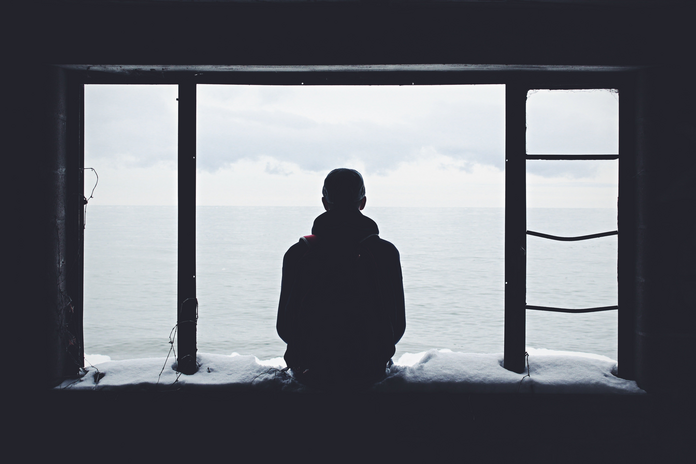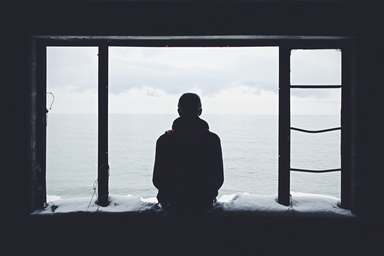It is common knowledge that humans are social beings – we thrive in communities, amongst people with whom we form meaningful relationships and surround ourselves with partnerships, bonds and mere connections that eventually lead to newfound experiences. As part of our human nature, we approach life’s situations confiding in others, yearning for human touch and simple encounters that keep us from diving into an abyss of solitude because as it is painted in society, solitude seems to be the worst possible thing one can have at this moment.
Related article: 6 Things You Should Try By Yourself At Least Once
Personally, long before solitude was even considered a normative form of self-care, I grew up bathed in solitude and I valued every single moment I had with myself. I matured, learned more about myself and my limitations, I was able to move into a headspace that helped me get into new hobbies, I learned about my surroundings, I became more empathetic and more observant of my surroundings. Still, with all the value I placed on my form of self-care, most people in my family found this practice extremely unusual, alarming and quite disturbing. I was either deemed as being sad and lonely, depressed, selfish and uninteresting, or just simply problematic.
Because of that, I realized that what people are missing is the understanding of what solitude is and isn’t. Because of misconceptions and preconceived notions about solitude, we become wearier and wearier to do things by ourselves. More than prioritizing ourselves and our needs, we fear being seen as lonely, boring or selfish for wanting to go to the movies by ourselves, going shopping alone or even traveling solo.
Related article: I Traveled Alone for 9 Days & This is What Happened
I am a firm believer in the benefits that solitude provides to the growth and development of a person. That is why I am here to say that, being alone is not being lonely, but it’s indulging in calmness and stillness. A lot of people think that when one is alone, one should be pitied, frowned upon and sometimes even talked about. Solitude is more than that because through solitude you are able to recognize stillness in life that you may have never experienced with a group of friends or a large crowd of people. Solitude allows you to take the time and breathe in the silence, clear your headspace and indulge in calming silence.
Solitude does not mean you’re antisocial or shy, but it’s actually empowering. Another major misconception about solitude is that if a person chooses to be alone, it’s either they don’t want to be with other people and are not in favor of having conversations with others or they’re shy and find it hard to communicate. Wrong. When a person chooses to be alone, it’s usually for the sake of their own well-being, and the mere fact that a person recognizes the need for solitude should be a form of empowerment. Regularly choosing yourself simply says how much you value the time you spend with yourself, the activities you spend by yourself, the thoughts you remember by yourself and the relationship you have with yourself.
Alone time is not selfish, but it is a conscious choice to prioritize yourself. For some reason, a lot of people think that choosing to be alone in times of struggle or even in times of celebration, is a selfish act that undermines the presence of other people in one’s life. What people don’t understand is that asking for time alone and pursuing solitude is not selfish, but fulfilling to oneself. Alone time is one of the most important practices a person can master to completely know oneself and learn about one’s limitations, challenges and mistakes. It’s a time for reflection and growth that cannot be easily attained surrounded by others.
Related article: The Importance of Solitude
Solitude is not boring, but it’s an activity that can help you re-center your life. Doing things by yourself is a great way of stepping out of your comfort zone, tapping into your senses and learning what you enjoy doing and what you don’t. Through your time alone, you learn what you enjoy doing and how you like to do them and in turn helps you recenter your life to focus on your growth and your passions so that when you enter the world, you are knowledgeable of your limitations, transgressions and are simply more self-aware than ever before.



